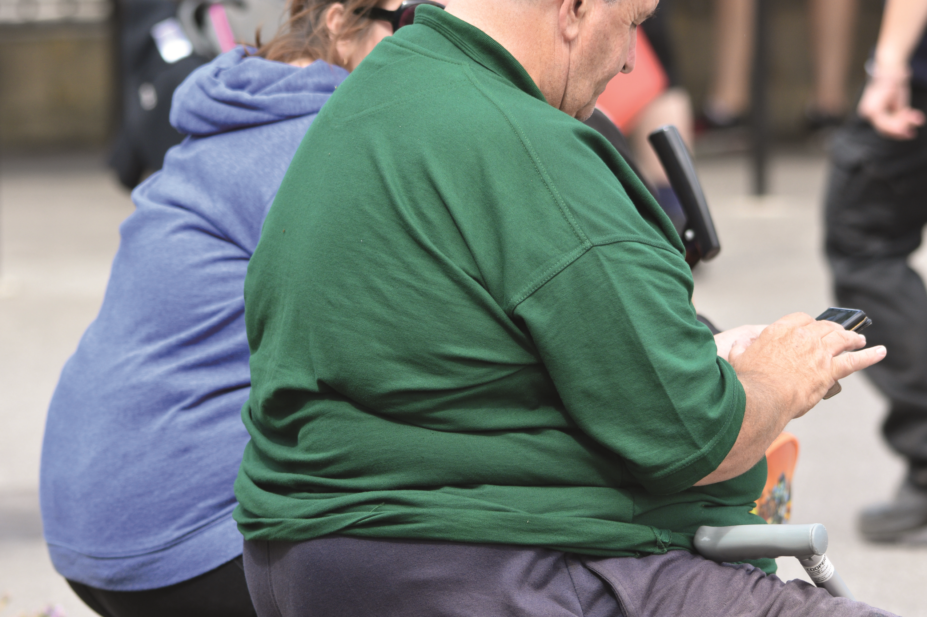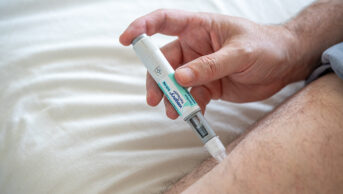
Shutterstock.com
The weight loss drug lorcaserin, in addition to lifestyle interventions, may help prevent or improve control of diabetes in people who are overweight or obese, according to trial results published in The Lancet (4 October 2018)[1]
.
The study included 6,816 people with diabetes, 3,991 people with prediabetes and 1,193 people with normal blood sugar levels who were randomly assigned to lorcaserin (10mg twice daily) or placebo.
All participants were overweight or obese with a pre-existing or high risk of atherosclerotic vascular disease and all had access to a lifestyle modification programme.
After a median follow-up of 3.3 years, lorcaserin was associated with a 19% reduced risk of incident diabetes in people with prediabetes compared with placebo (8.5% vs. 10.3% incidence, respectively) and a 23% reduction in the risk of diabetes in all participants without diabetes at baseline (6.7% vs. 8.4%).
At one year, compared with placebo, lorcaserin resulted in a reduction of 0.33% in HbA1c levels in patients with diabetes.
Lorcaserin is a selective serotonin 2C receptor agonist that suppresses appetite. It has been available in the United States since 2012 but is not authorised for use in the EU.
“This rigorous and large-scale randomised study demonstrates the potential for improving glycemic control when adding a weight loss agent to a treatment plan,” said lead author Benjamin Scirica from Brigham and Women’s Hospital in Boston, Massachusetts.
References
[1] Bohula E, Scirica B, Inzucchi S et al. Effect of lorcaserin on prevention and remission of type 2 diabetes in overweight and obese patients (CAMELLIA-TIMI 61): a randomised, placebo-controlled trial. Lancet 2018. doi: 10.1016/S0140-6736(18)32328-6


